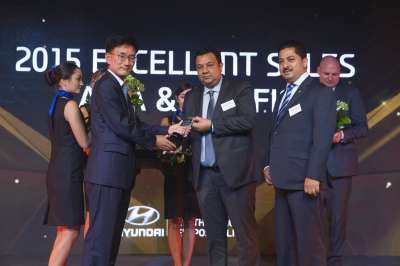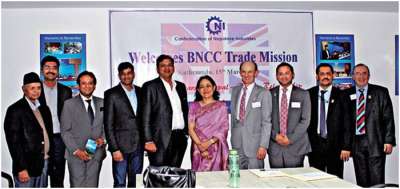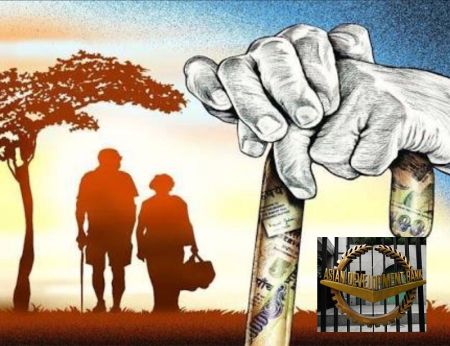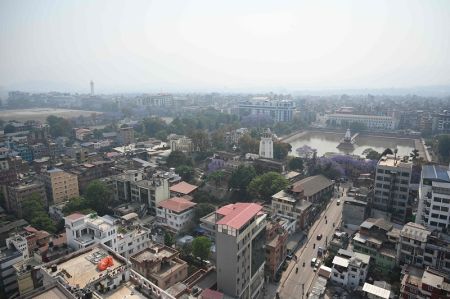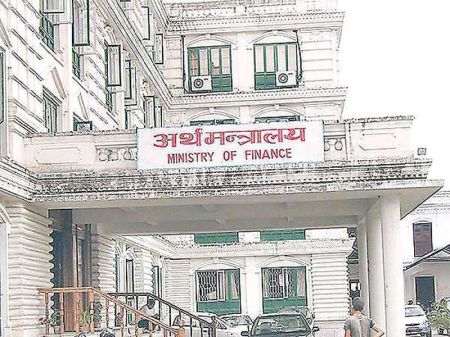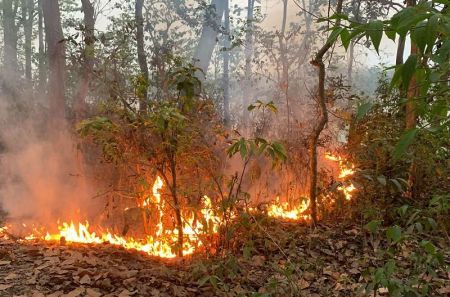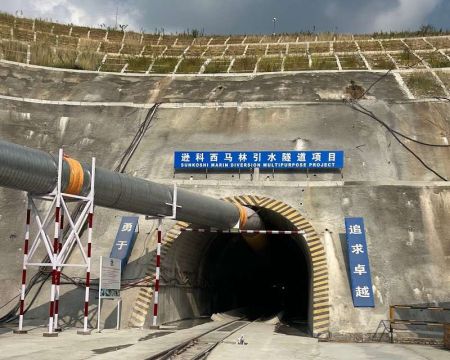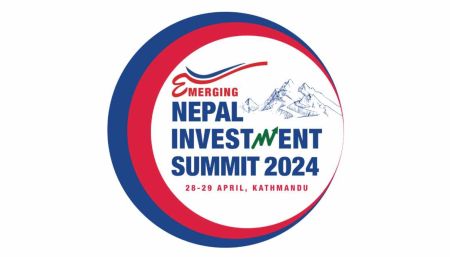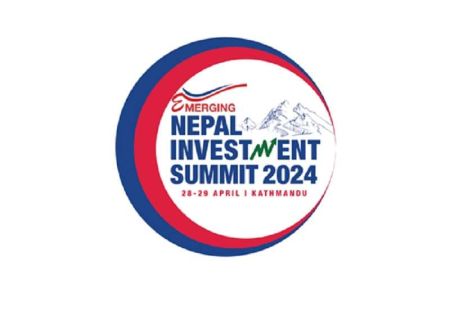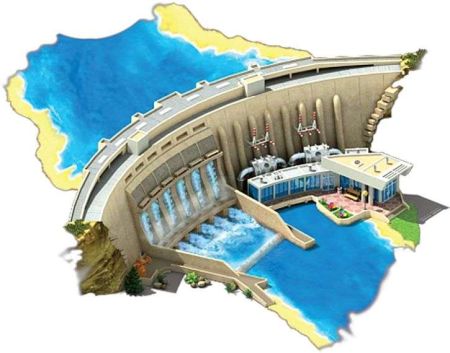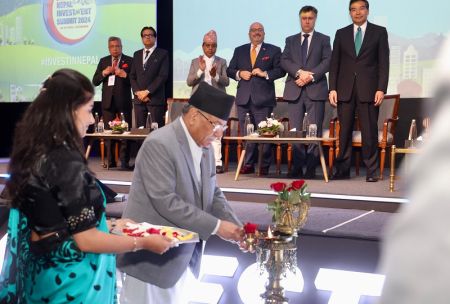--By Sanjeev Sharma
With the election process preparations, canvassing and campaigning finally over, Nepali voters are all set to cast their votes on Tuesday for choosing a new Constituent Assembly (CA).
Political parties and their candidates have made hefty commitments on new constitution drafting and made lofty promises of development to lure voters.
Despite the failure of the first CA to draft a new constitution, stakes of politicos are looking pretty high this time. This election has the potential to change the current political equation. The change may come in the form of emergence of new political powers along with the obliteration of some. Whereas, voters are looking much confused haunted by the memories of first CA’s unfortunate demise.
After the first CA election, Nepal witnessed a tense period of rising disputes among the major political parties that slashed the hopes of ordinary citizens leaving the country into a state of uncertainty and political disarray. According to official documents, more than Rs 15 billion, was spend within 4 years on constitution drafting process including the first CA election held in 2008 April.
The estimated amount does not include the funds allocated for peace process (integration of former Maoists combatants) which reached over Rs 3 billion. Though, the size of total spending is disputed, various figures claim that the expenditures can be counted in tens of billions of rupees.
However, after the CA was dissolved last year by the Dr Babu Ram Bhattarai-led government, the huge investment made in drafting a new constitution was seen as sheer waste of money. Skepticism about the new CA to complete its task remains high in the air. In this context question are being raised strongly on new CA’s ability to deliver a new constitution and whether the huge spending was worthwhile.
“The constitution drafting process of Nepal has become the most expensive one in the world. The country would have witnessed dramatic development and prosperity if that money was invested in productive sectors,” said Suraj Vaidya, President of the Federation of Nepalese Chambers of Commerce and Industry (FNCCI).
Vaidya was speaking to reporters last week in an ‘open press meet’ held at Durbarmarg, Kathmandu to inform about the FNCCI’s protest programme against the general strike and transportation shutdown organised by the poll opposing alliance. Economists are also cautioning the political players to become more responsible as the rising election expenditure is likely hold back the economic growth of the country if the new CA fails to draft a new constitution. “The election expenditure will easily reach Rs 30 billion this time which was initially allocated at Rs 16 billion in the budget of the current fiscal year 2013/14,” opined Prof Dr Bishwambher Pyakuryal. According to him, the rise in expenditure will reach 6 per cent of the total budget.
“The spending can be taken as gainful investment only if a new constitution is drafted and if the country achieves political and economic stability,” said Pyakuryal adding, “If that does not happen then we need serious discussions about the possible impacts of election expenditures on Nepal’s economy.”
Apart from the government’s expenditure, the mammoth size of spending of political parties and candidates is also making the election more expensive. According to the Election Commission, 6,128 candidates are contesting for 240 constituencies across the country in the first-past-the-post or FPTP electoral process. Similarly, 10,400 candidates are listed as candidates for the proportional representation (PR) seats.
In this regard the total spending of candidates (both FPTP and PR) can be counted at Rs 6.90 billion, assuming that they will spend as per the EC’s directive. According to EC’s directive, a FPTP candidate can spend a maximum of Rs 1 million in his/her constituency whereas the spending ceiling of a PR contender is maxed at Rs 75,000.
However, Election Commission does not have effective monitoring mechanism to control election fraud and excessive expenditure by candidates. EC spokesperson Bir Bahadur Rai said that there is no formal complaint against candidate pertaining to their expenses so far. He suggested to ask EC Chief Commissioner to ask about frauds by candidate and denied to comment on the issue.


